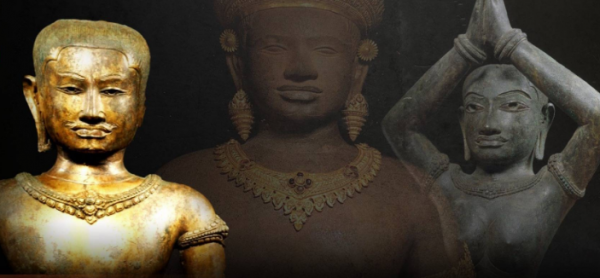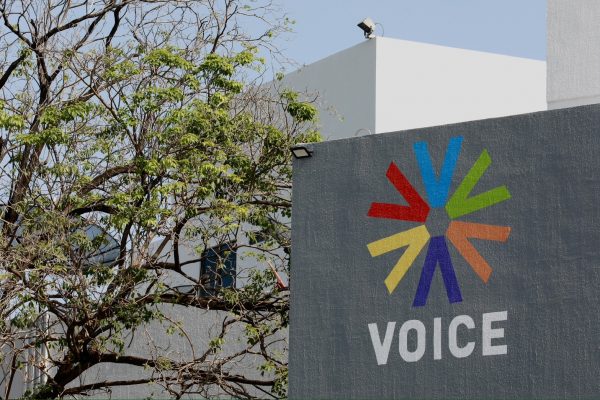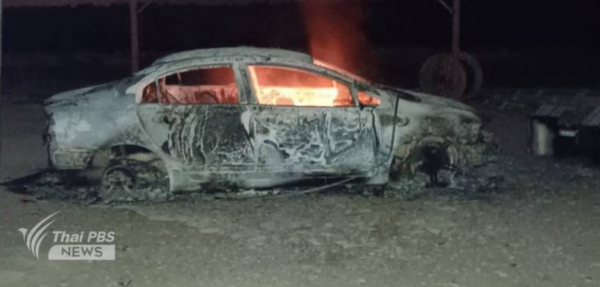PM threatens to enforce odd-even number driving rule if other efforts to tackle smog fail

Minister Prayut Chan-o-cha warned this morning that he might be forced to introduce the odd-even number rule for motorists in Bangkok if all other measures to ease the health-threatening smog problem in Bangkok and its peripherals fail.
Touching on the ongoing smog problem during his address to officiate the National Strategy exhibition, the prime minister said he didn’t want to apply “bitter pill” to address the smog problem without first resorting to other less stringent measures in order not to hurt the people.
“If the people want me to get tough, I am ready to respond. Any cars caught belching black smoke will be stopped right on the spot and towed away. I will issue such order and let see if this will cause troubles or not. I do not want to cause troubles to the people because I want them to have awareness,” said the prime minister.
He then went on to warn that he might have to introduce the odd-even rule for driving on alternating days if the people do not cooperate with the government in easing the smog problem.
The prime minister issued a junta’s order today empowering military personnel to check all factories to make sure that they do not discharge dust particles into the atmosphere beyond the limits, failing that they will be temporarily closed down until the problem is remedied.
In his address, the prime minister denied he was bullying rice farmers by forbidding them from burning dried rice stalks in the open, but merely wanted every sector of the society to help in addressing the problem.
Meanwhile, Professor Dr Chaicharn Pothirat, a specialist on lung diseases of the faculty of medicine of Chiang Mai University, urged the government to adopt the World Health Organisation’s daily dust particle standard which is set at 25 microns instead of 50 microns as set by the Pollution Control Department and the annual dust particle should not exceed 10 microns compared to Thailand’s 25 microns.
Citing studies on the annual PM2.5 dust particles in Southeast Asia, Dr Chaicharn said that reduction in the amount of dust particles would help increase the longevity of the people.
Noting that smog problem has been affecting people in the North for more than two decades, the doctor said the problem tends to get worse each passing year as existing measures have completely failed to tackle the problem.
Dust particles, he said, have been proven to shorten life span of human beings as the increase of every 10 microns of dust particles would shorten the life span by 0.98 years, according to a study conducted in China.






